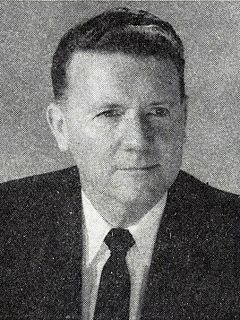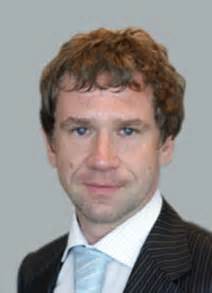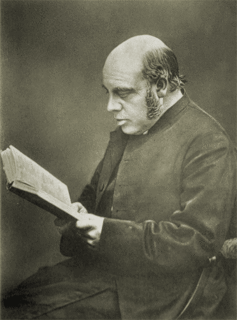A Quote by Madeleine L'Engle
Truth is eternal. Knowledge is changeable. It is disastrous to confuse them.
Quote Topics
Related Quotes
It is easy to see, though it scarcely needs to be pointed out, since it is involved in the fact that Reason is set aside, that faith is not a form of knowledge; for all knowledge is either a knowledge of the eternal, excluding the temporal and historical as indifferent, or it is pure historical knowledge. No knowledge can have for its object the absurdity that the eternal is the historical.
All those formal systems, in mathematics and physics and the philosophy of science, which claim to give foundations for certain truth are surely mistaken. I am tempted to say that we do not look for truth, but for knowledge. But I dislike this form of words, for two reasons. First of all, we do look for truth, however we define it, it is what we find that is knowledge. And second, what we fail to find is not truth, but certainty; the nature of truth is exactly the knowledge that we do find.
Those who are not capable of sinning are said that they have attained freedom. The knowledge of the Truth raises them even more. This makes them both free and above this world. But only Love creates. He who became free thanks to knowledge, because of Love remains a slave of those who have not managed to attain the Freedom of knowledge yet. He brings the knowledge to them and this develops the latter because it calls them to the Freedom. Love takes nothing: how can it take something? Everything belongs to it. It does not say, "This is mine! And this is mine!" But it says: "This is yours!"






































